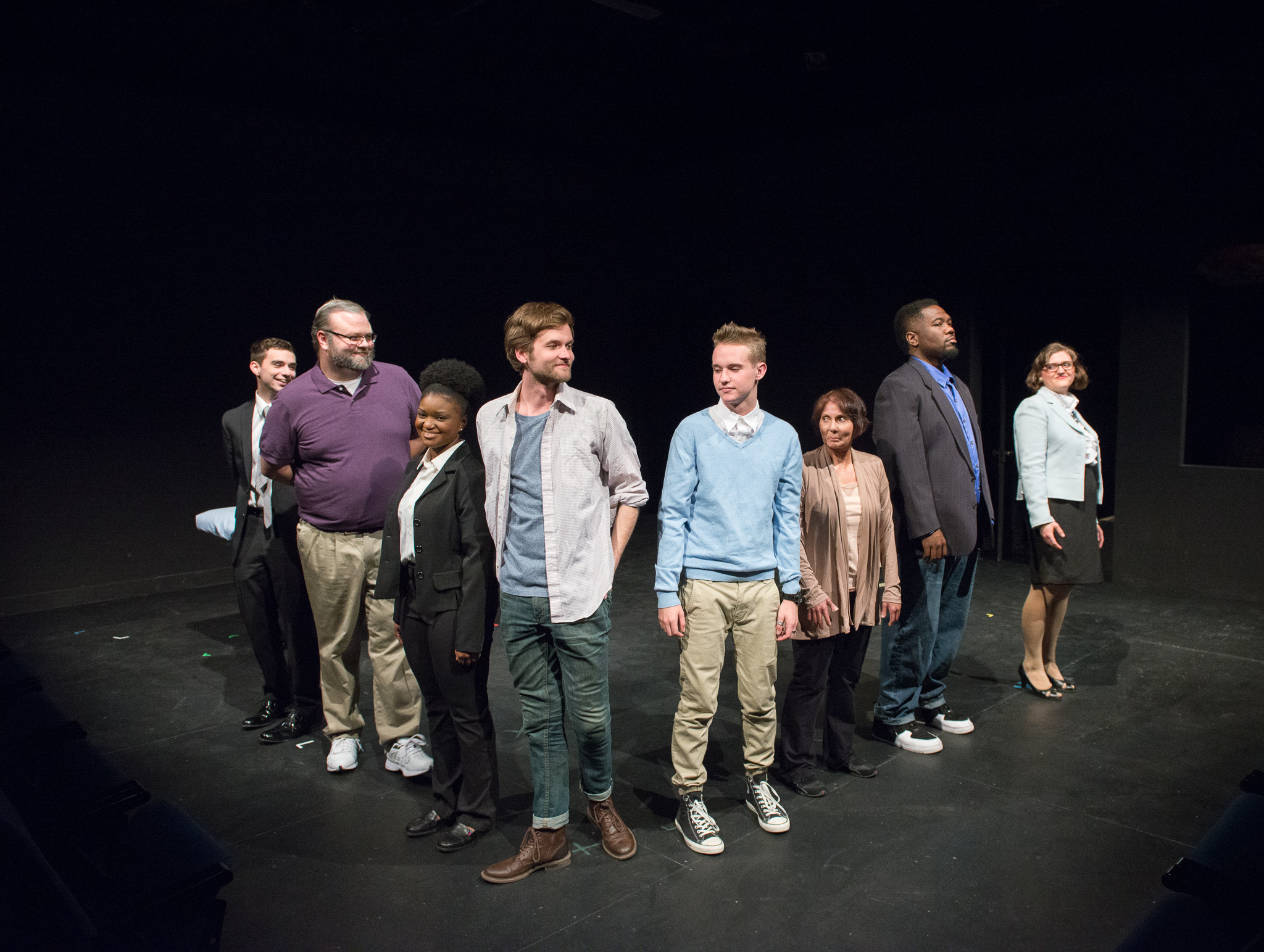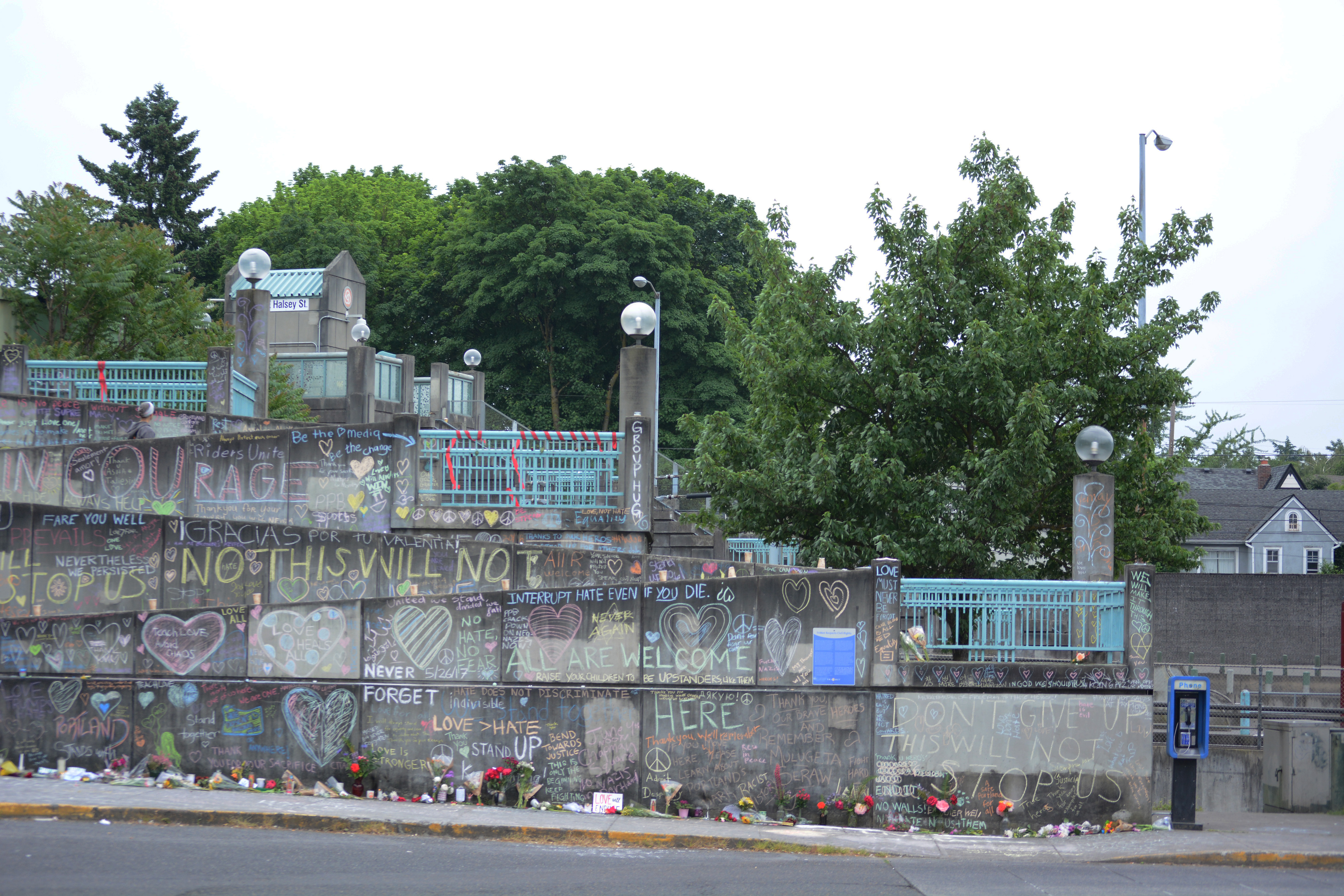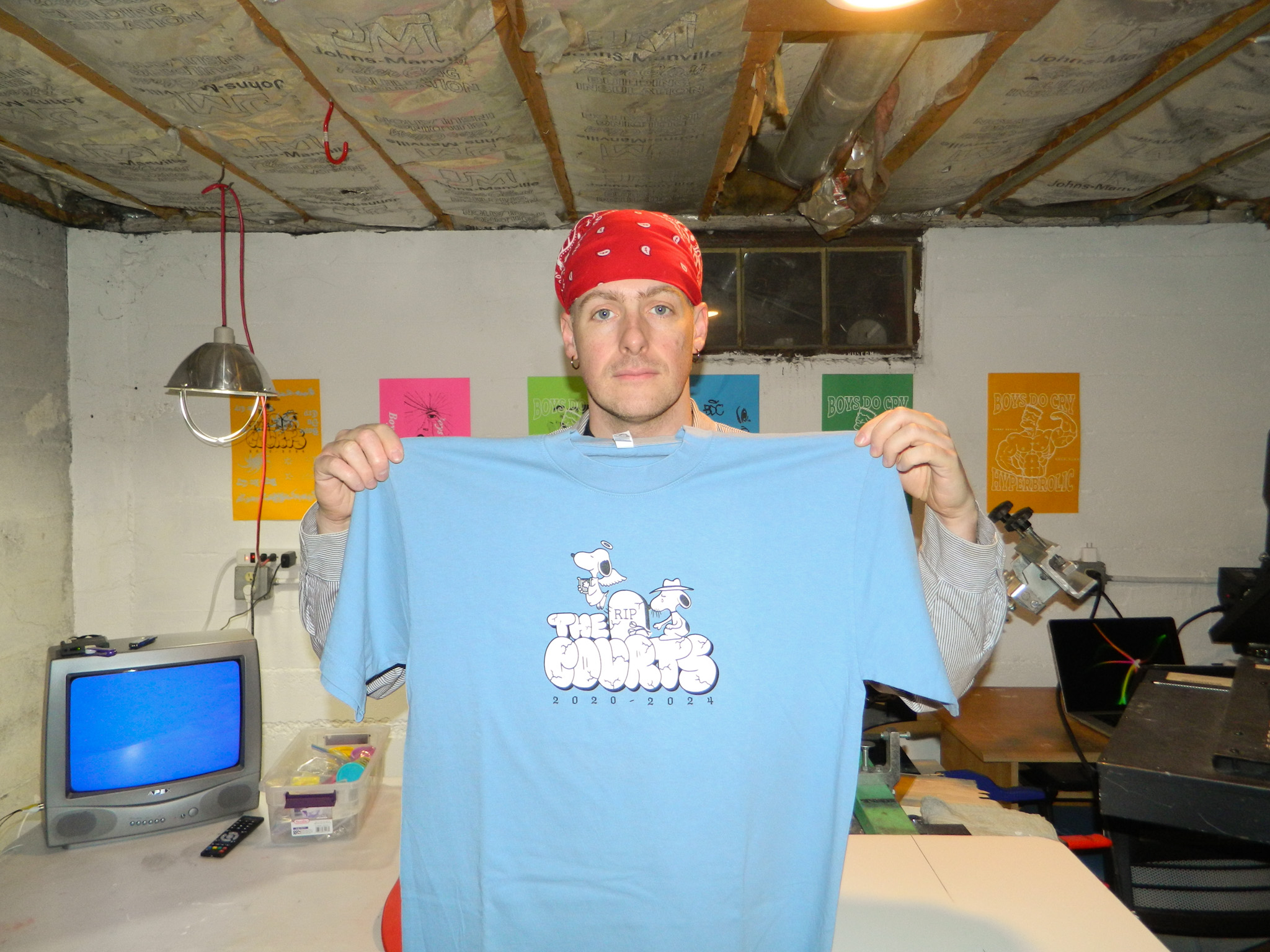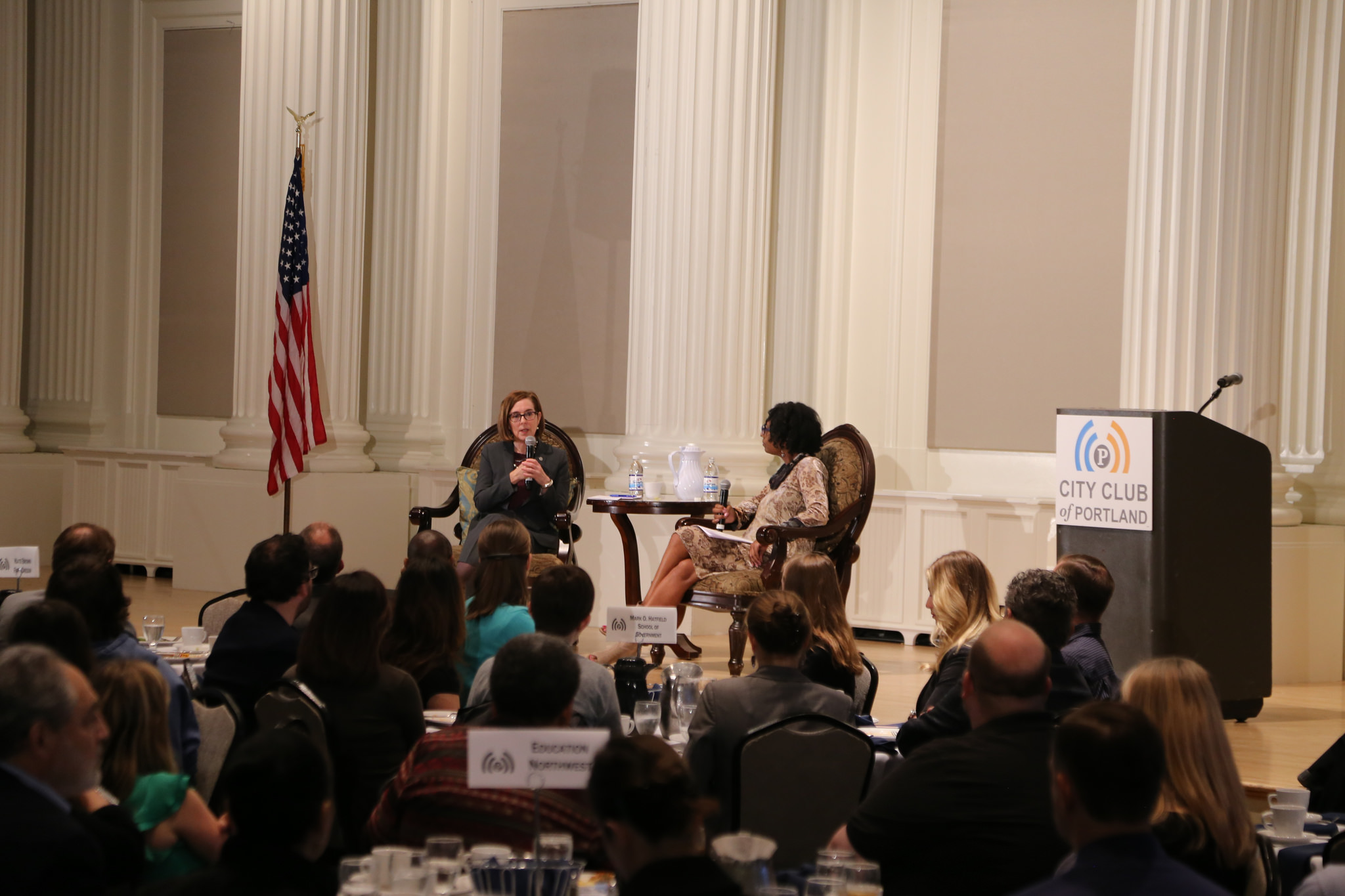“This play is all about family,” said Chet Wilson, who plays Bill in Portland State’s spring production of Tony-award winner Stephen Karam’s Sons of the Prophet, running through June 3rd in Lincoln Hall 55. After seeing the play, I can safely say that Wilson is right: the play is indeed all about family. Awkward, messy, irreverent, dysfunctional, loving family. The plot is simple to describe, but quite complex in actuality. The subject: a Lebanese-American family in Pennsylvania. When tragedy strikes, the family must come together and process things in the only way that their family can, and it’s, well, let’s say unorthodox. The play also deals with the bonds of family, how we process grief, identity, and the real meaning of love, which is something that all of us need a reminder of time and again.
I interviewed Sons of the Prophet’s cast, and I really saw that magical moment where the play about family translated offstage. The cast treated each other like family, which was especially apparent in the interview. Our interview seemed kind of out of place in a busy coffee shop in the middle of the day, but I think the uncomfortability of the space nicely reflected the play’s world. The thing that made Prophet so wonderful was its sheer uncomfortability at some points. You’ve got a son, Joseph, trying to hold everything together (played with nuance by Ethan Cockrill); his uncle Bill, looking for justice to be served (Chet Wilson); and Joseph’s employer Gloria, the catalyst for all the drama and one of the reasons this family can’t have nice things (played by Amity Hanson). Insert Joseph’s geography wizard younger brother Charles (Robert Augustine), a high school football star who made an awful decision (Jewel Williams), and a reporter who has to choose between love and career (London Bauman), alongside a female ensemble taking on various smaller roles (Netty McKenzie and Marie Fiorello), and you’ve got a cast that is truly a force to be reckoned with, telling a story that I’m sure all of us can relate to in one way or another.
When I spoke with the cast, I wanted to know some of the reasons that they were attracted to the material. With such an interesting season this year, I was curious to find what made this dark family comedy desirable for actors. “All of the characters are real, they’re not just caricatures…they’re all based in reality,” Wilson said. “I thought it was such an important story to be told,” Amity Hanson said. I left feeling that this kind of story isn’t told often; it’s remarkable to have this story on PSU’s stage. Jewel Williams said he is all about opportunities given to diverse casts and storylines and was attracted to the play’s honesty. “It’s really, really, honest,” he said.
Cockrill was hooked very quickly. “I kept looking for characters that were right for me, and honestly, I just landed on Joseph,” he said. “There are a lot of personal aspects of the role that I haven’t had to go through. I am a younger brother and had to play an older brother, so there was a lot of taking my older brother’s relationship with me and applying it in this role.”
Plays like Prophet aren’t done often. “[It] reminds me of an updated version of a lot of the family dramas of Arthur Miller, even Raisin in the Sun, where normal people are going through normal parts of life, but have extraordinary influences on their lives,” Wilson said, and I agree. Wilson added that “people will be challenged with this show,” which leads to another question: should edgier work like Prophet be done more often? My thoughts are that there is a need for edgier and more relevant work which absolutely should be done.
The cast agreed. “As time moves forward, theater is moving more toward this intimate sort of territory, I think though this play is the realest play I’ve ever been in,” Cockrill said. “I think, in my opinion, that’s a great form of theater and I would absolutely love to see PSU put on more plays like this.”
“We shouldn’t be highlighting the same people over and over again,” Hansen said. “Art is diverse in nature or it’s going to be static, art shouldn’t be static…it’s hard to have that diversity, but you have to make a space for it, even if it’s ‘safe,’ I don’t think you should stick with ‘safe.’”
“This show has made me realize that going through serious problems in life and how the problem affects you is what matters most. It’s how you handle the problem…if you take on too many things, it’s going to end up blowing up in your face,” Cockrill said. I learned so much about my own family dynamics after watching this show.
Honestly, there really were no faults with the production. Yes, it’s in a small space and it’s very in your face, which might be a turnoff for some people, but family can be in your face most of the time too. The set was simple, painted black and looking like the facade of a house. The costumes were all colorful, which was an interesting contrast with the set and helped sell the story.
Family dynamics on a stage are hard, and this cast, under the masterful direction of PSU Theater Head Karin Magaldi, did a lovely job of showing that there’s no normal family. It doesn’t matter how hard you try, families are all abnormal and how you embrace their abnormality is what makes family strongest.
Sons of the Prophet runs through June 3, with performances at 7:30 p.m. Wednesday–Saturday. Tickets are $15 for the general public and $8 for students. The show is approximately 90 minutes with no intermission and is in Lincoln Hall’s Boiler Room Theatre (LH55).






